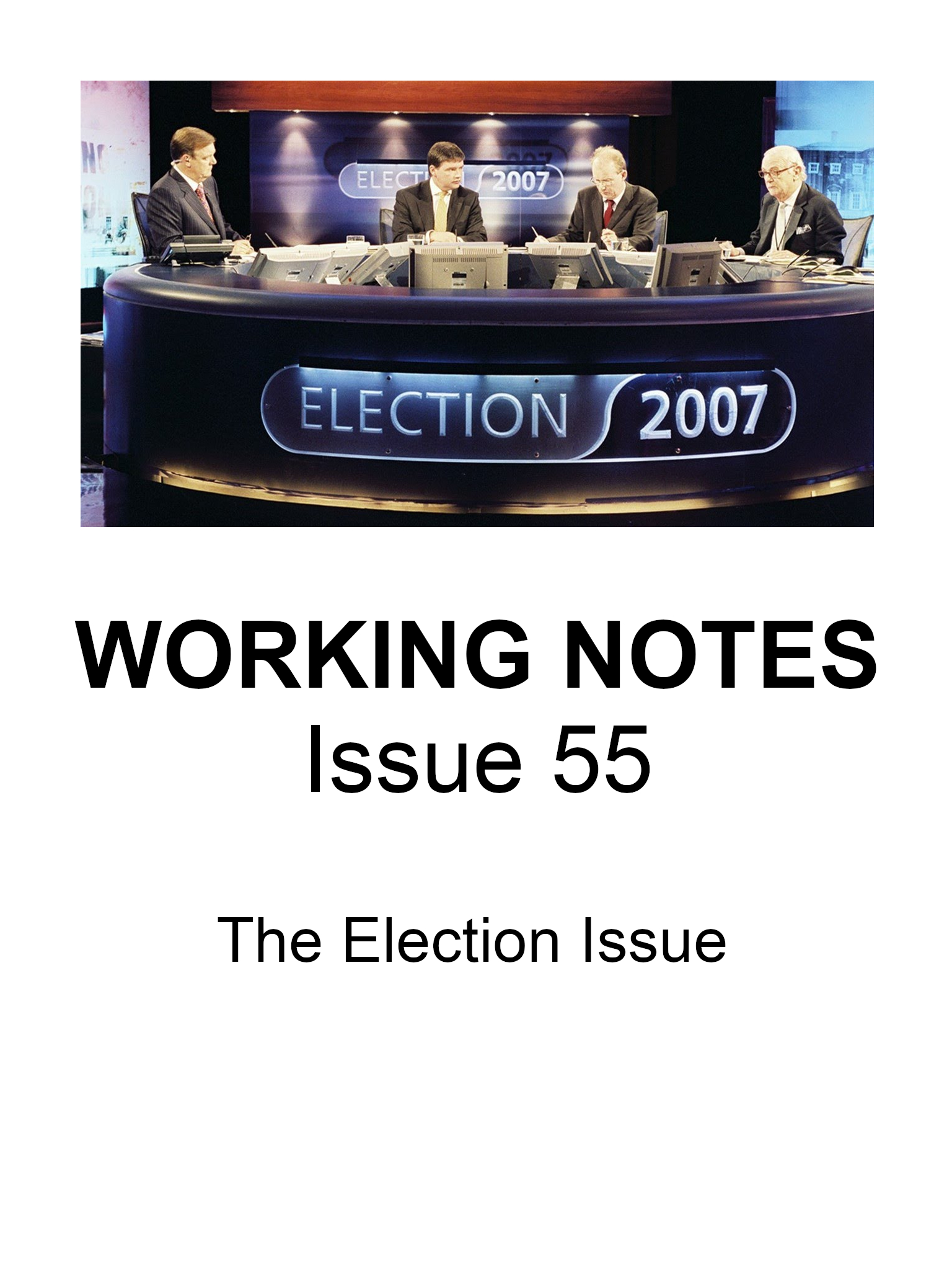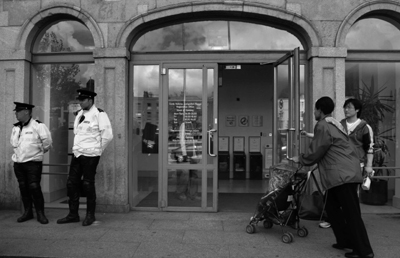Our neighbour, eight-year old Muhammad, arrived at the front door on Hallowe’en night in the guise of Darth Vader; he was flanked by two other children from the road, disguised as a pirate and the devil. Later, his eleven-year old sister, Selma, arrived on her own, gorgeously dressed as a witch. As they departed with their trick or treat goodies, I recalled the words of President McAleese, addressed to Muslims in Ireland at the tenth anniversary celebrations of the Islamic Cultural Centre in Clonskeagh, Dublin: ‘Your being here helps us and keeps challenging us to find ways to be joyfully curious about each other … we, I hope, will try our best to make Ireland a country of real welcome and a country of celebration of difference …’1 Are the President’s words realistic or are they naïve? I want to explore the kinds of questions we need to put to one another as Irish citizens so that obstacles to the realisation of the President’s hopes can be overcome.




